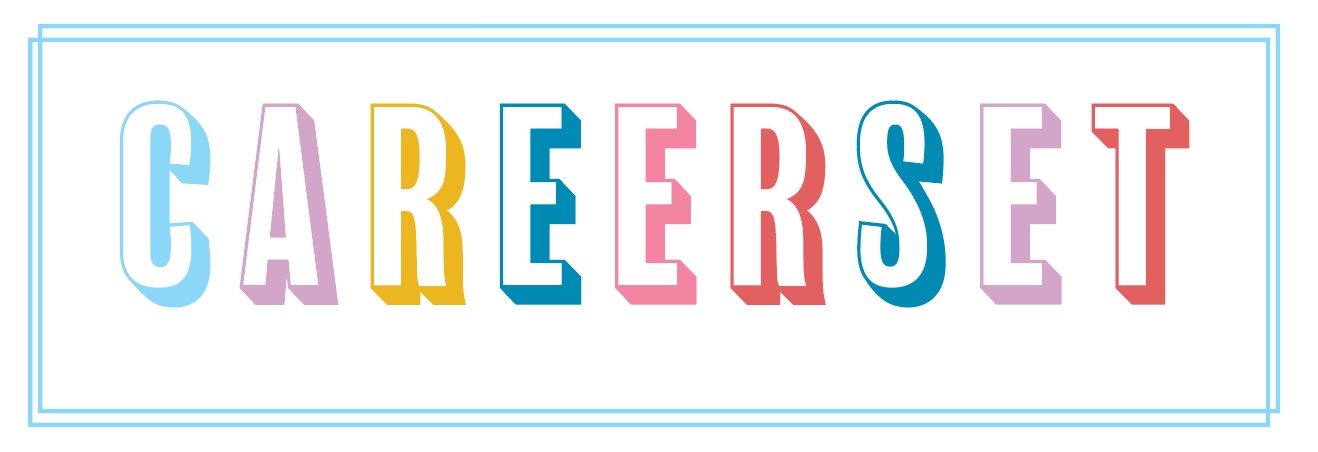What is career development & why does it Matter?
The world of work is changing. As forces of automation, globalisation and casualisation restructure the world we live in, a new wave of both uncertainty and opportunity is upon us. Where are jobs of the future going and how can you create a career that has meaning, creates an impact and pays the bills? The good news is, it's often simpler and more affordable than you think to get prepared. The research is out there and my job is to help you to take a next step that is right for you.
Career education exists to help you to develop:
the ability to manage your career building process
strategies for responding positively to life and work changes
a positive self-concept
the ability to build positive relationships in life and work
an understanding of how to participate in lifelong learning supportive of your career goals
the skills to use career information effectively in managing your career including learning to incorporate economic, social and employment conditions into your career planning
the ability to seek, obtain/create and maintain work
the ability to eliminate gender bias and stereotypes in your career building
“The goal of career development work is to assist individuals to develop the skills and knowledge to effectively manage their careers. This include life, learning and work over their lifespan. ”
What's the evidence?
If you're interested in reading more about the role of career education in the changing world of work you can click on the following links.
““It’s about career management. You are the manager of you and it’s your life long quest to construct the best possible life. And it depends on what you can learn and what you can become. We are here as counsellors to provide a sacred space to examine for you to examine your story, to hear your calling, to hear your heart, to help you listen to you. You are the author of the unique you and counsellors are the audience. And a good audience makes the story and play better.” ”
References
*



